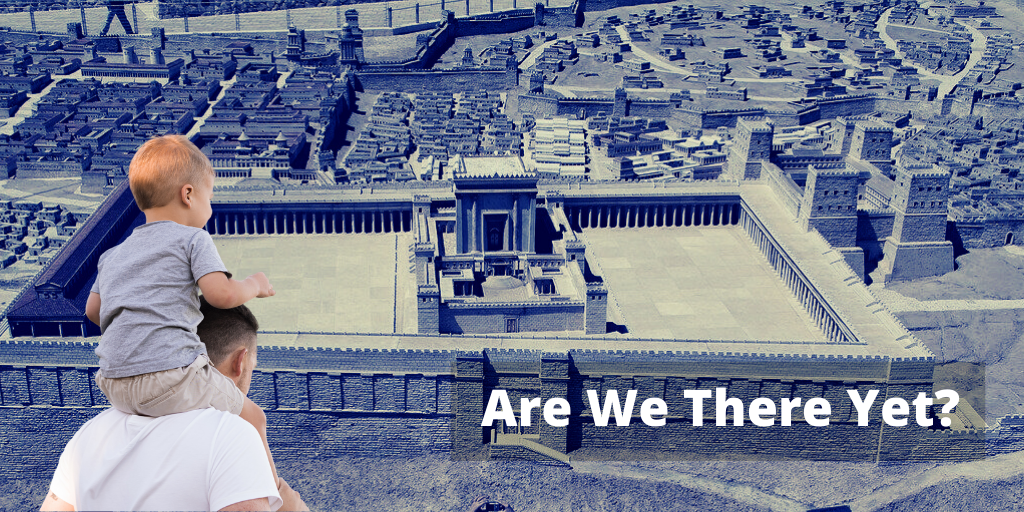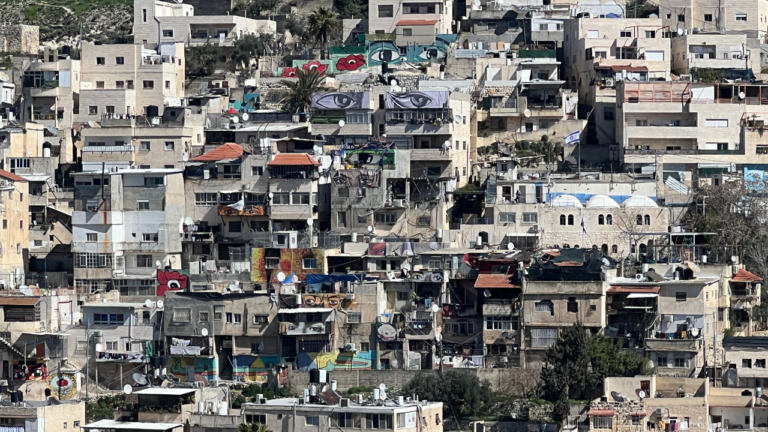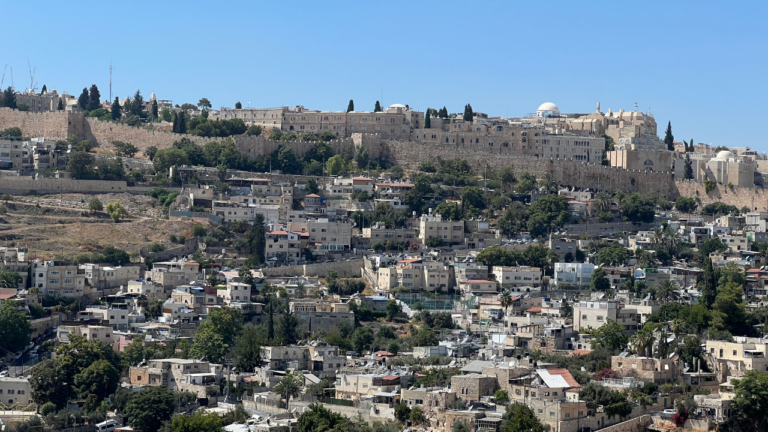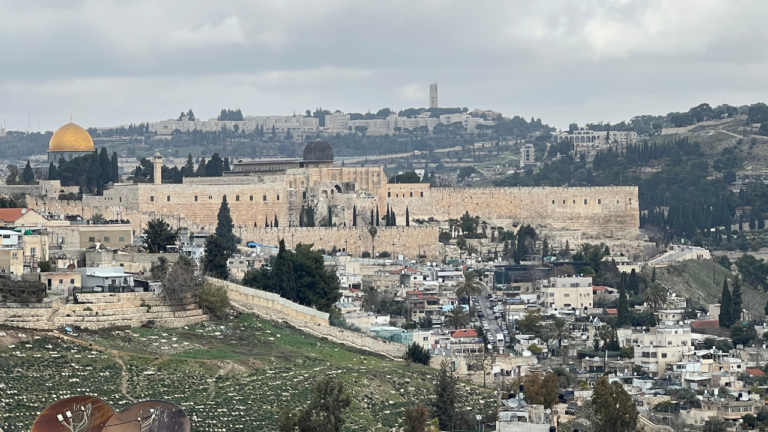Standing on the Shoulders of Others
It is not by chance that the parsha following Yom HaZikaron and Yom Ha’atzmaut this year is Acharei-Mot. The structure of the parsha, perhaps, teaches us a lesson regarding this time of the year.
The first topic of this week’s Torah reading is the service Yom Kippur. The highlight of this service is when the Kohen Gadol enters the Kodesh Kodashim. The Torah introduces to this section with a seemingly irrelevant fact that these halachot were delivered “after the death of Aharon’s two sons.” Why is it important for us to know the timing of when these halachot were first taught?
On a simple level, the Ramban explains that God was linking Aharon’s entry into the Holy of Holies with his children’s death. They entered the mishkan improperly to offer a sacrifice that was not commanded by God and were therefore punished. Therefore, God hinted to Aharon that if he did not want to share their fate he should punctiliously follow the order of the service for Yom Kippur.
In addition, though, perhaps on a homiletical level there is a lesson to be learnt from this introduction and particularly from the name of the parsha – “Acharei Mot” (after the deaths of…). Aharon and subsequent Kohanim Gedolim might understandably think that they are able to enter the Holy of Holies due to their own great merit. Therefore, God hints to them that one can never enter the sanctuary based on his own merits. Rather, it takes takes the hardship, sacrifice and suffering of people who came before. It is only “Acharei Mot” – after people make the ultimate sacrifice – that Aharon is allowed entry into the place of sanctity. Whatever success we achieve is building upon the merit of those who came before us – Acharei Mot – after the hardships and sacrifices of other Jews.
This idea permeates our part of the calendar year. When we transition from Yom HaShoah to Yom HaZikaron and then to Yom HaAtzmaut, we realize that we did not merit our own country with out merits alone. Rather, in a way that is tragic but true, we only merited our country due to Acharei Mot – after the sacrifices of so many victims of the Holocaust and so many soldiers of Israel. We can never take our presence God’s land for granted.
If this is true regarding the state of Israel as a whole, it is all the more true regarding Jerusalem. Even when we merited the State in 1948, we did not yet merit Jerusalem. It took more years of work and unfortunately more sacrifice and suffering for God to miraculously grant us the holy city. Just as the Kohen Gadol only merited to enter the Holy of Holies due to his standing on the shoulders of previous generations of Jews, so, too, we can only enter Jerusalem – our holiest city – today due to the accrued merits of the sacrifices of millions of Jews throughout history. In this sense, it is important to carry the lessons of Yom HaSho’ah and Yom HaZikaron with us all the way until Yom Yerushalayim and beyond. Every time we enter Jerusalem we should realize upon who’s shoulders we are standing.



